The EU must regain its moral responsibility
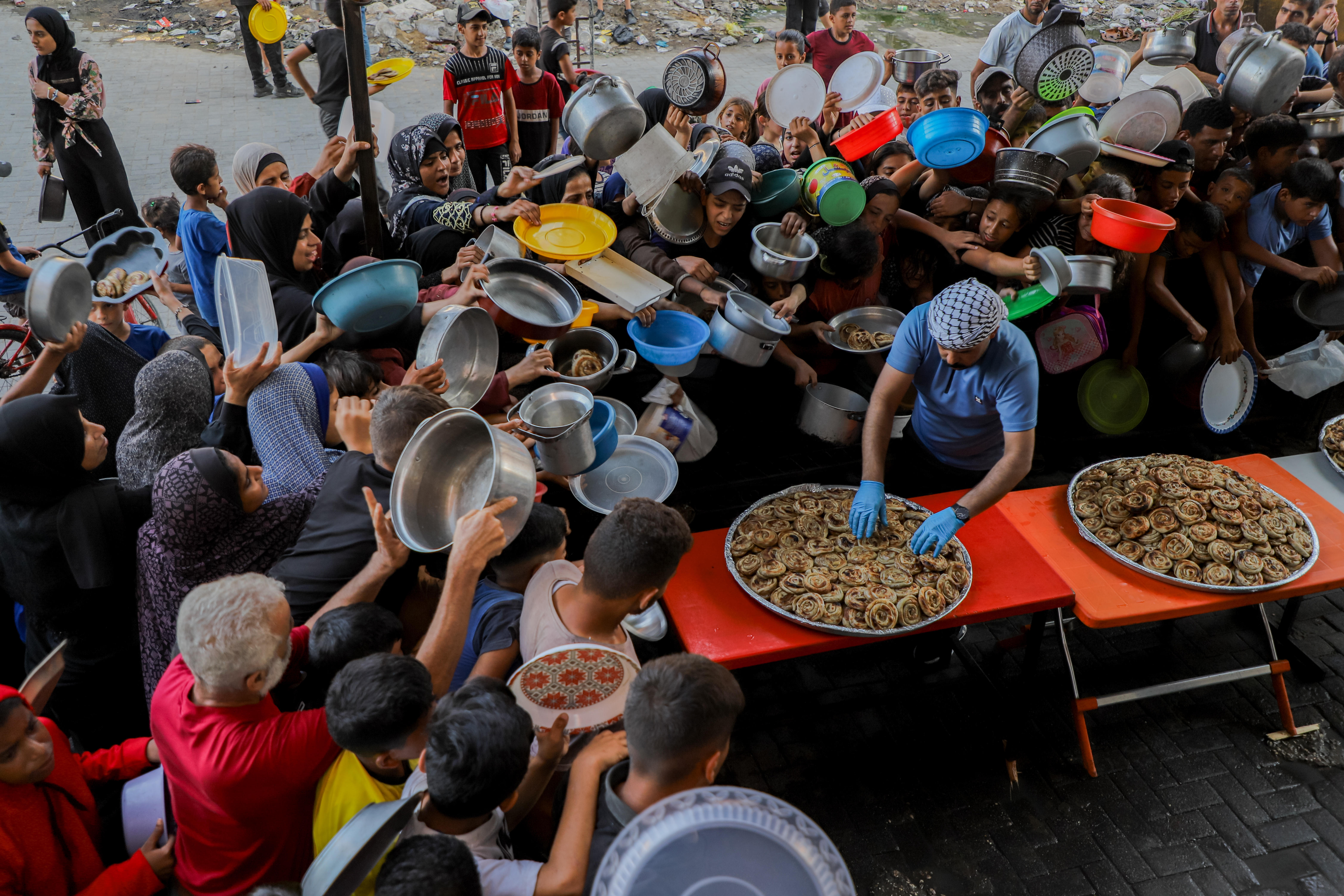
As an academic who, for the last thirty years, has researched and taught EU-MENA relations, EU democracy promotion in the countries to its south, and EU relations with Israel and Palestine, it is incredibly frustrating to see the EU freeze in the face of blatant human rights violations.
The EU’s founding values are “human dignity, freedom, democracy, equality, the rule of law and respect for human rights, including the rights of persons belonging to minorities,” according to the second article of the Treaty of the European Union.
In its external relations, the EU is committed to supporting democracy and human rights, per its founding principles. It has mainstreamed human rights concerns into all its policies and programmes and has specific human rights instruments at its disposal in cases of violations. In other words, human rights are enshrined in the EU’s DNA.
At a December 2020 EU Council meeting, member states agreed to launch the EU Global Human Rights Sanctions Regime to strengthen collective action in this field. The regime, currently in place until December 2026, targets individuals and entities responsible for human rights violations worldwide through restrictive measures like travel bans and asset freezes. In addition, individuals and entities in the EU are forbidden from making funds available to those listed.
However, when reacting to serious human rights violations worldwide, the EU is often constrained by the requirement of unanimity amongst its member states. Josep Borrell, its High Representative for Foreign Affairs and Security Policy, has proposed the use of qualified majority voting to enable the EU to act faster in sanctioning perpetrators of serious human rights violations. However, not all member states could agree.
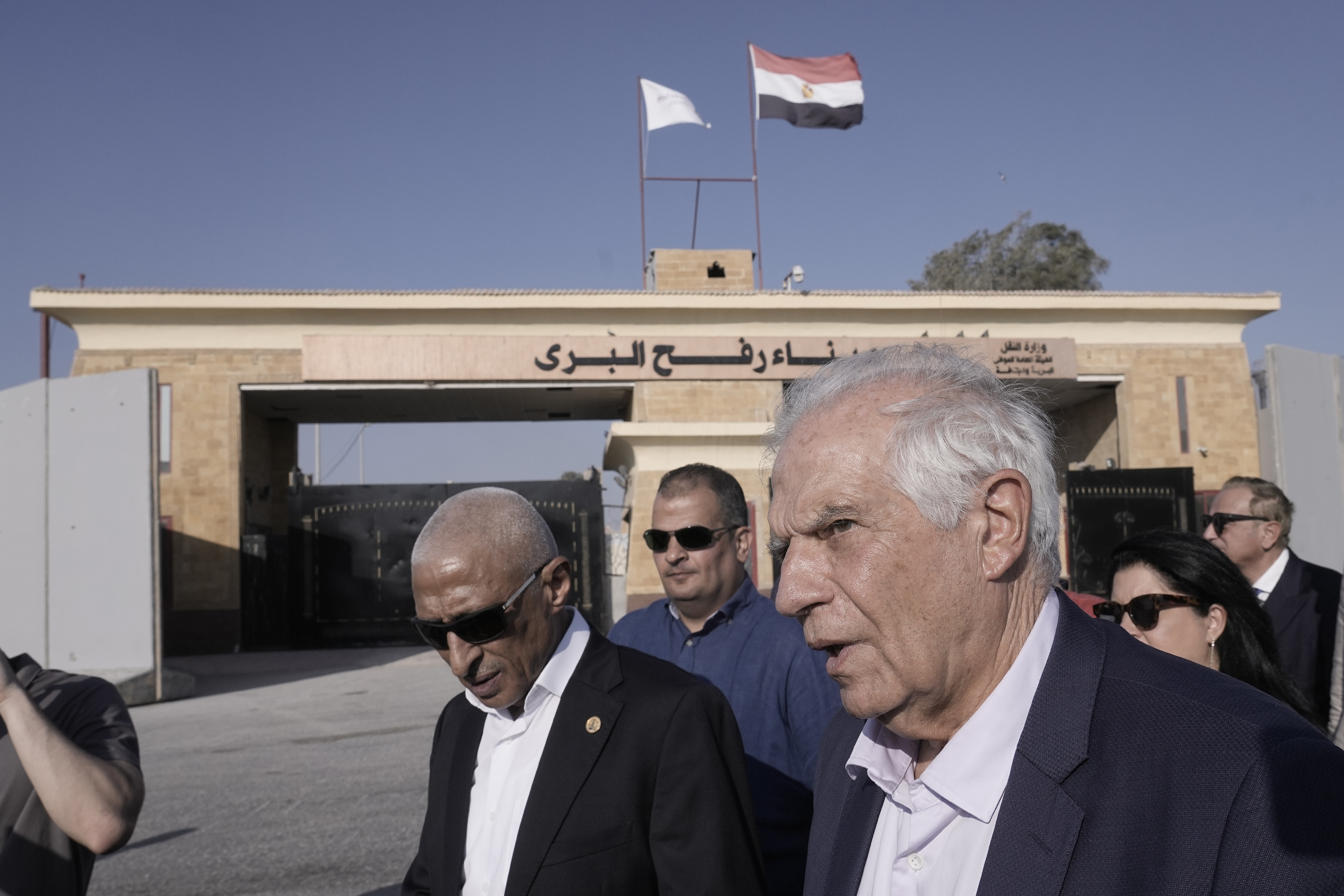
A feeling of constant flux
On 7 October 2023, Hamas-led armed groups committed numerous war crimes and crimes against humanity during their assault on southern Israel. In response, Israeli authorities have conducted relentless military operations and attacks over the past eleven months, injuring and killing innocent Palestinian civilians in Gaza in violation of international humanitarian law. The latest death toll since 7 October stands at more than 40,000 Palestinians and more than 1,200 Israelis.
In its June 2024 report, the UN Human Rights Council’s “Independent International Commission of Inquiry on the Occupied Palestinian Territory, including East Jerusalem, and Israel” declared that Israeli authorities as well as Palestinian armed groups are responsible for war crimes and crimes against humanity.
Earlier in May, the chief prosecutor of the International Criminal Court (ICC) announced that he was seeking arrest warrants for the military and political leaders on both sides for crimes committed during Hamas’s 7 October attack and the ensuing war on Gaza.
Moreover, since October 2023, a range of UN experts and reputable international scholars have been warning of scholasticide (the systematic destruction of an education system and its institutions) in Gaza where, according to the Palestinian Education Ministry, 90% of the schools and all of its 12 universities have been damaged or destroyed. Thousands of students and teachers have been killed.
According to The Committee to Protect Journalists (CPJ), at least 116 journalists and media workers have been killed since the war began. This marks the deadliest period for journalists since CPJ began gathering data in 1992.
A July 2024 report by the UN Satellite Centre (UNOSAT) states that Israel has destroyed 46,223 structures in Gaza, severely damaged 18,478 structures, moderately damaged 55,954 structures, and possibly damaged 35,754 structures for a total of 156,409 structures. These correspond to around 63% of the structures in the Gaza Strip, which include homes, schools, hospitals, cultural sites, religious sites and infrastructure related to water, electricity and transport. In other words, Israel is committing urbicide, a term first used during the 1992-95 Bosnian war to refer to widespread and deliberate destruction of the urban environment, or the killing of cities.
An estimated total of 215,137 housing units have been damaged which means that Israel is also committing domicide – that is, “the deliberate and systematic destruction of living spaces, targeting intimate places of residence so that any form of stability, physical or emotional, is replaced with a feeling of constant flux”.
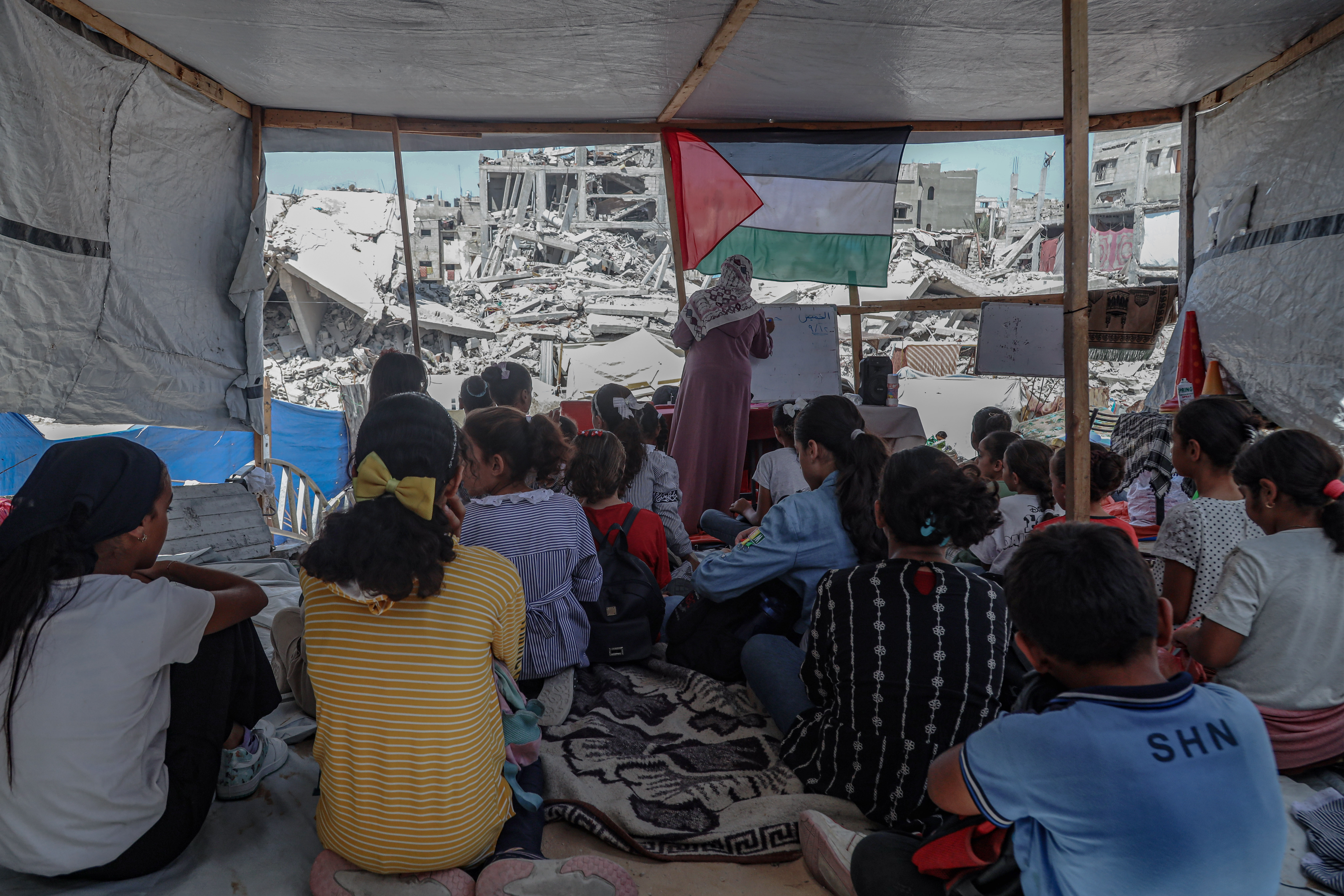
International human rights organisations have provided evidence of the deliberate use of starvation as a weapon of war in Gaza, where civilians have been denied access to food and clean water. In May 2024, Fews Net, the US-based famine early warning system network, announced that it was “possible, if not likely” that famine began in northern Gaza in April.
Two months later, the World Health Organization (WHO) declared that polio had been located at six sewage system locations in the Gaza Strip. And a few weeks later it urged all parties to the “conflict” to implement humanitarian pauses to allow vaccinations.
The ongoing catastrophic famine in large parts of Gaza has been exacerbated by the systematic targeting of orchards and greenhouses by Israeli forces since October 2023. This, according to the research group Forensic Architecture, amounts to ecocide – the deliberate destruction of the environment. For the past 10 years (if not more) Palestinian farmers along Gaza’s perimeter have “seen their crops sprayed by airborne herbicides and regularly bulldozed, and have themselves faced sniper fire by the Israeli occupation forces”.
All in all, these serious violations of human rights can also be summed up as a case of politicide. Israel’s deliberate policy in Gaza, the West Bank and East Jerusalem is to destroy the conditions for the existence of a Palestinian state.
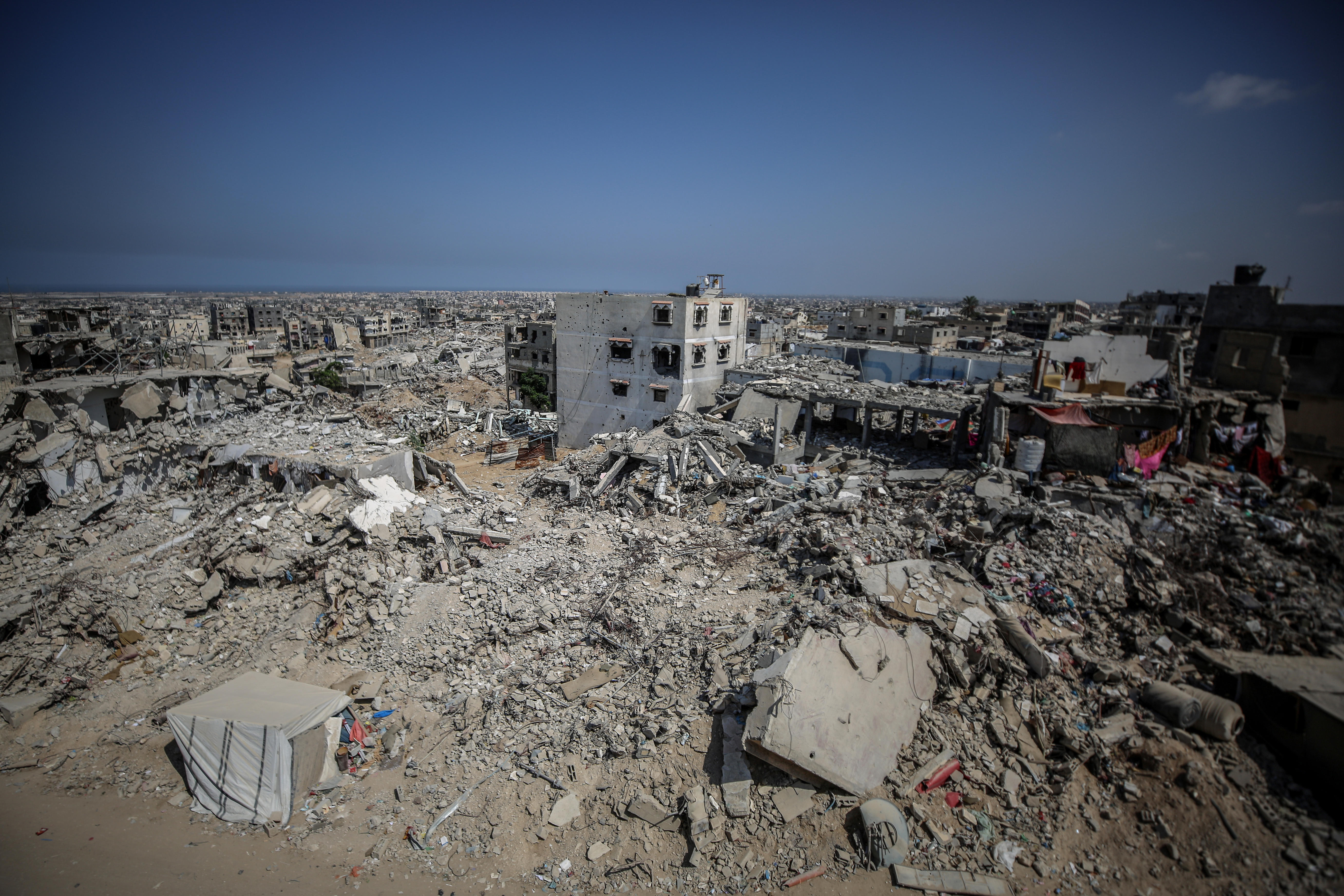
Mounting evidence since October 2023 has made it amply clear that, in the words of UN Special Rapporteur Francesca Albanese, “the threshold indicating the commission of the crime of genocide… has been met.” But as Amnesty International clearly points out, Israeli authorities have consistently failed to comply with, and continue to defy, the January 2024 provisional measures ordered by the UN’s International Court of Justice (ICJ) to prevent genocide in Gaza.
On 19 July, 2024, the ICJ delivered an advisory opinion determining that the Palestinian territories constitute one political unit and that Israel's occupation since 1967, and the subsequent creation of Israeli settlements and exploitation of natural resources, are illegal under international law. Amnesty International called the court’s opinion “a historic vindication of the rights of Palestinians who have endured decades of cruelty and systematic human rights violations stemming from Israel’s unlawful occupation”.
Taken together, the ICJ’s January provisional measures and July opinion have significant repercussions for the EU and its member states. Their support for Israel over the decades makes them complicit in genocide. Despite the rulings and warnings from UN experts, the EU and its member states continue to export weapons to Israel and provide funding to various Israeli entities.
“The imperative for an arms embargo on Israel and for investors to take decisive action is more urgent than ever, particularly in light of states' obligations and companies' responsibilities under the Geneva Conventions, the Genocide Convention, the international human rights treaties, and the UN Guiding Principles on Business and Human Rights,” the UN experts declared.

Reducing the power gap
The mere recognition of Palestine as a state will not be the panacea, but it will be the essential, decisive turning point on the road to a just and sustainable solution to one of the most protracted and volatile conflicts in modern history.
The EU’s role in a post-war order
Considering all the above, can the EU ever seriously and meaningfully return to its moral principles and stop Israel as well as its member states from trampling on international law?
Since October 2023, Ireland, Spain, Slovenia and Norway have made symbolic moves in this direction by formally recognizing Palestine as a state, bringing the total number of countries around the world to do so to 146 countries. Such symbolic acts are not enough, particularly given that the EU struggles to reach a unified line even on the mere act of recognition.
Is there a role for the EU to play in providing some positive impetus for a post-war order, once the bombs finally stop falling on Gaza? How can this impetus be realized?
When Hamas came to power in 2006 – through what the EU’s own observation mission declared to have been free, fair and transparent elections that “provided a model for the wider Arab region” – the EU bowed to pressure from the US and Israel and chose not to recognise the Hamas-led government. Rather than engaging through its diplomatic channels to bring Hamas to the table, the EU turned its back on the Palestinian people.
Had the EU responded differently, by giving Hamas a chance to govern, maintaining certain channels of communication, and not cutting all funding to Hamas-related projects and shifting the money towards Fatah, things may have turned out differently.
If any lessons are to be learnt by the EU from that decision back in 2006, it is that Hamas cannot be ignored. If the voices of Palestinians are to be heard, the EU must act as a key mediator and supporter of efforts to establish a government of technocrats that would rule both Gaza and the West Bank with the backing of all Palestinian factions, including Hamas, as a pathway to Palestinian political unity and elections.
Rather than succumbing to US and Israeli engineering of Palestinian politics – which the EU should protest given the evidence of long-standing Israeli violations of Palestinians’ human rights – the EU needs to ensure that the future of Gaza, the West Bank and East Jerusalem will be firmly and securely decided by Palestinians themselves.
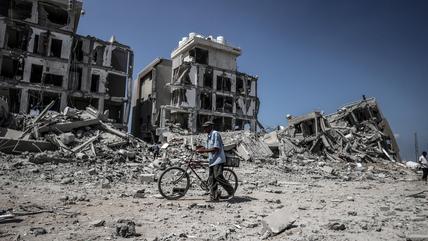
"Israeli media outlets have been recruited into the war effort"
Since the Hamas attacks on 7 October, the Israeli-Palestinian platform +972 Magazine has published a range of impactful investigations. Its Palestinian editor-in-chief Ghousoon Bisharat discusses the challenges independent journalism faces in Israel and Palestine.
Moreover, for the EU to regain control over its moral responsibility and make a true commitment to universal human rights, it needs to call out Israel for its gross and systematic violations of Palestinian rights since its illegal occupation of the West Bank, including East Jerusalem, and the Gaza Strip. The EU must also end its silence on Israel’s increasing repression of internal dissent, emboldening other regional governments to oppress their own citizens.
Spain and Ireland have already indicated that a review of the EU-Israel Association Agreement, the legal basis for relations since 2000, would be a good start in light of the ICJ ruling that Israel’s actions “may fall” within the Genocide Convention. To prevent further irreversible harm to the people of Palestine and Israel, an immediate humanitarian ceasefire is urgently required.
But this alone will not go far in addressing Israel’s impunity. As long as the Israeli authorities refrain from taking past and ongoing violations of international humanitarian law seriously, it is not only an obligation but an urgent moral duty for the EU to employ all the feasible means at its disposal (based on its member states’ and its own commitments to international law) to combat such impunity and seek international justice.
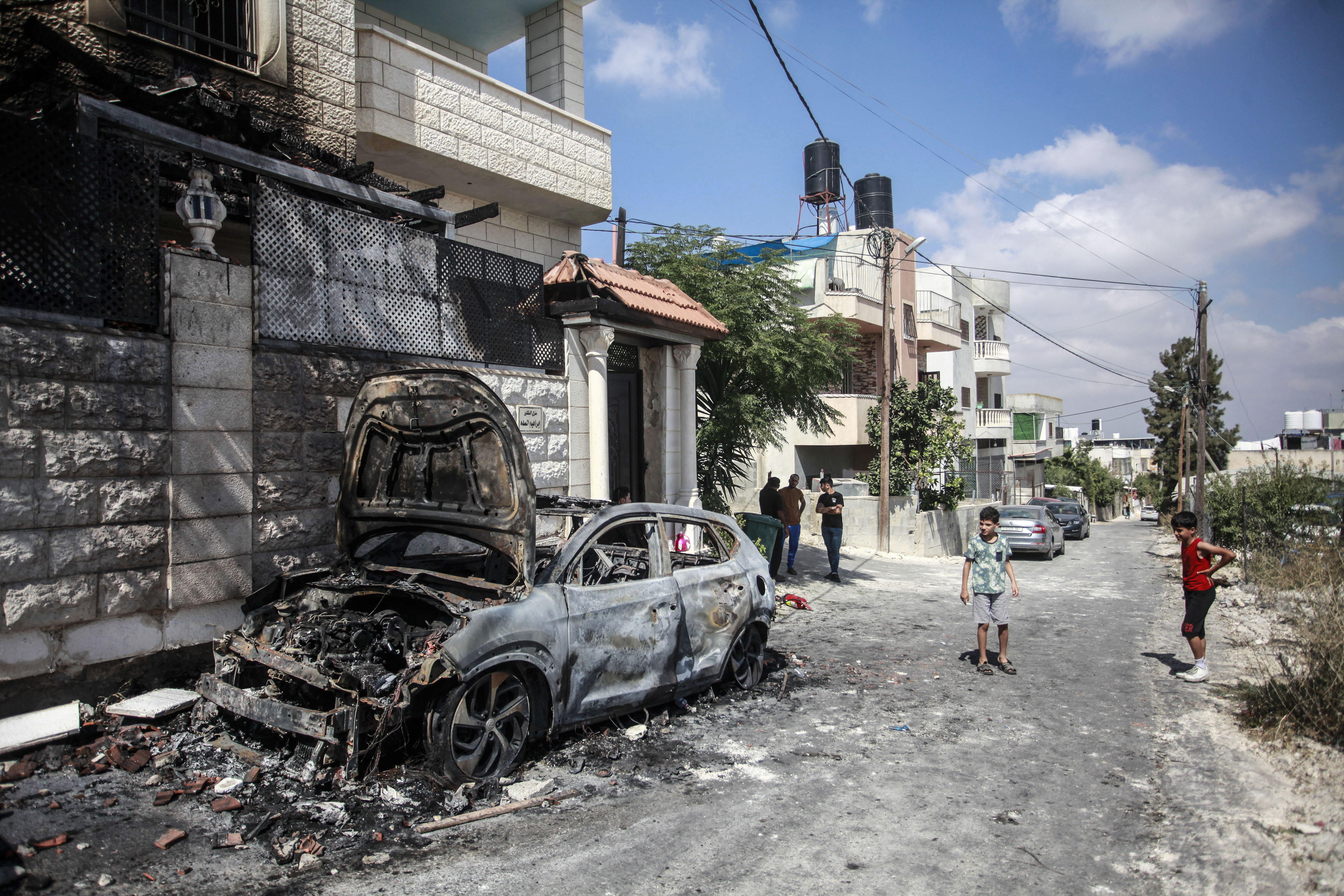
Can the EU impose sanctions on Israel?
In mid-August, when masked Israeli settlers stormed the village of Jit in the occupied West Bank, they opened fire and lobbed tear gas at residents, killing a 23-year-old Palestinian and critically injuring another. In response, Borrell threatened EU sanctions against “violent settlers’ enablers, including some Israeli government members.”
If the EU is serious about reigniting a true peace process, it urgently needs to address the rapid radicalisation of Israeli society. Learning and change will only come about – both in Israel and Palestine – through high costs that force the Israeli government and Hamas to open their eyes. War crimes and crimes against humanity committed by either side must be punished.
But to address the root causes of this “conflict” the EU also needs to seriously implement a sanctions regime on the long-standing and illegal occupier of Palestinian territories. This should begin with targeted measures against those accused of inciting hatred toward Palestinians, particularly Israeli far-right ministers such as National Security Minister Itamar Ben-Gvir and Finance Minister Bezalel Smotrich. Additionally, the EU should consider sectoral actions, including economic and financial restrictions, import and export limitations, banking service restrictions, and arms embargoes.
All EU member states should immediately halt any arms sales to Israel. This should be accompanied by a boycott of Israeli universities involved in the military-industrial-security complex. Additionally, European supermarkets should cease stocking Israeli goods such as fruits grown on confiscated Palestinian land in the Jordan Valley. Under current EU legislation, products made by Israeli settlers should be clearly labelled and subject to less preferential customs arrangements. However, these rules are not strictly enforced, and that must change.
Finally, the EU-Israel Association Agreement must be suspended. Respect for human rights is an essential element of EU agreements with all partner countries. Article 2 of the EU-Israel agreement states that “relations between the Parties, as well as all the provisions of the Agreement itself, shall be based on respect for human rights and democratic principles, which guides their internal and international policy and constitutes an essential element of this Agreement”. A violation of these “essential elements” allows the EU to denounce or suspend the agreement, in whole or in part, under article 60 of the Vienna Convention on the Law of Treaties.
Enforcing these measures will put pressure on the Israeli state to take seriously, and comply with, international law. It would draw attention to Israel’s short-sighted strategy and the cycle of violence that, in recent decades, has brought security to neither Israelis nor Palestinians, who continue to live in a dystopia.
© Qantara.de 2024
